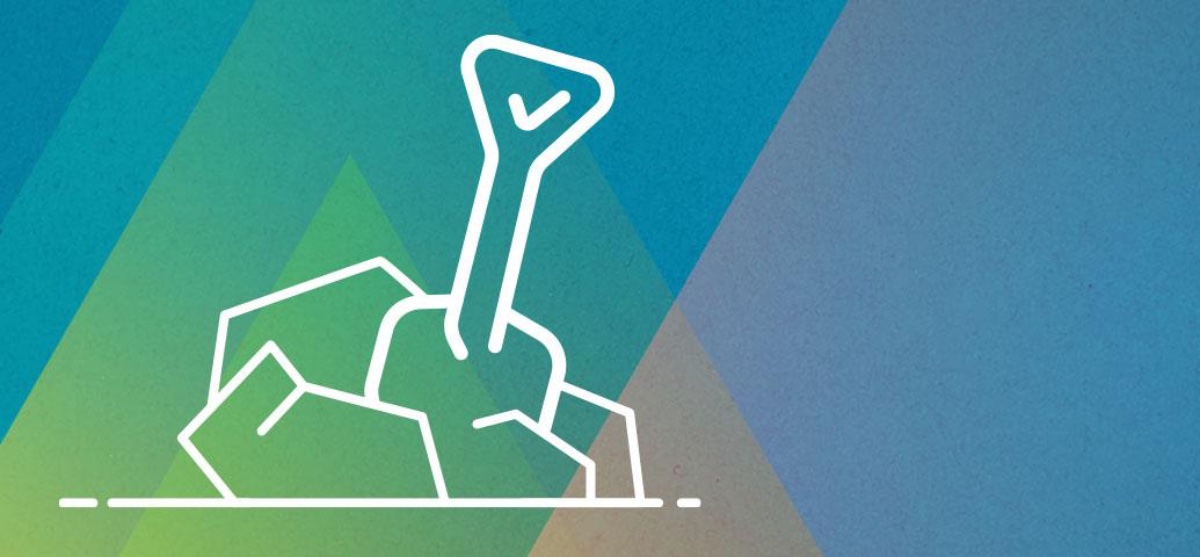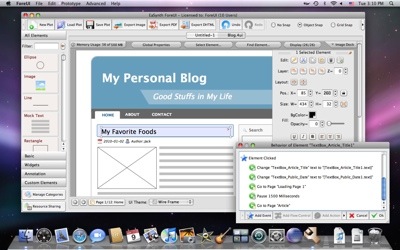The Democratic Republic of Congo’s government notified Apple over concerns that the tech giant’s supply chain may be tainted by conflict minerals sourced from the central African nation, reports Bloomberg.
A group of international lawyers engaged on behalf of the Congolese state sent a list of questions to Apple on April 22 and demanded answers within three weeks, according to a statement published on the website of lawyer Robert Amsterdam on Thursday. The statement coincided with the release by the law firm of a report accusing neighboring Rwanda of laundering tin, tungsten, tantalum — known as 3T minerals — and gold from Congo.
“[Year] after year, Apple has sold technology made with minerals sourced from a region whose population is being devastated by grave violations of human rights,” wrote lawyer Amsterdam says on his blog.
“Although Apple has affirmed that it verifies the origins of minerals it uses to manufacture its products, those claims do not appear to be based on concrete, verifiable evidence,” he continued. “The world’s eyes are wide shut: Rwanda’s production of key 3T minerals is near zero, and yet big tech companies say their minerals are sourced in Rwanda.”
Apple has been accused of using conflict materials before. However, in a December 2020 report, the tech giant it was reducing the use of such materials. From the report: Although ‘blood diamonds’ is a phrase most people recognize, fewer people are aware of the term “conflict minerals.” These usually come from areas of the world where there is some form of conflict and are obtained through the exploitative use of workers, with human trafficking and slavery often involved and the proceeds helping to prolong and fund the conflict.
The main three conflict minerals are tin, tungsten, and tantalum (the 3 Ts), but gold can also be included. A common source of these minerals is the Democratic Republic of Congo (DRC), an area with ongoing violence and human rights violations.
Apple has now ceased relationships with any mineral providers that fail Apple’s intensive auditing process. By working with suppliers and smelters that are certified as ethical and conflict-free, Apple hopes to reduce the demand from areas such as the DRC.
Article provided with permission from AppleWorld.Today




